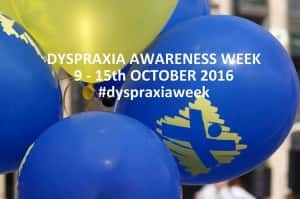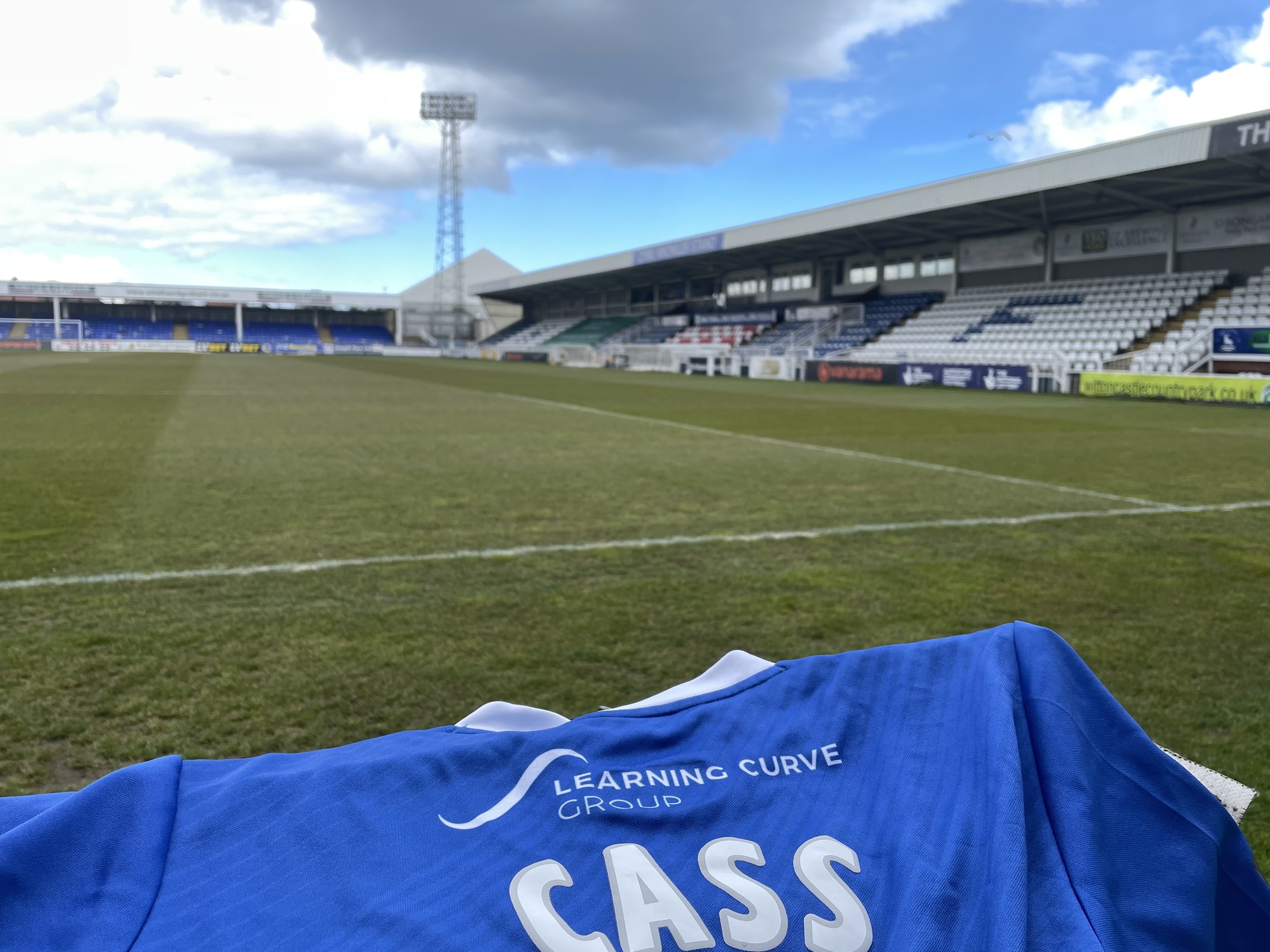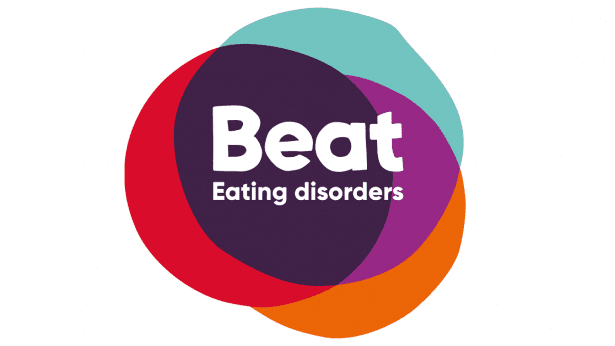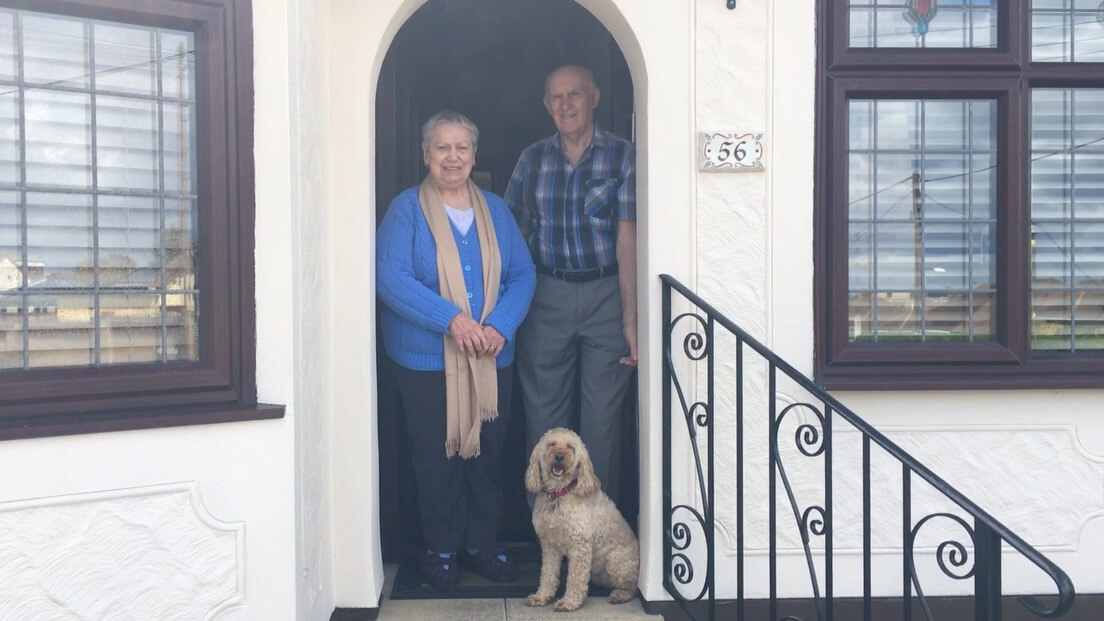
Growing up can be a challenging time for most of us, constantly being under-pressure from our friends, sometimes our parents, and trying to fit in. Those teenage years can be pretty tough and confusing.
As a youth worker I see young people trying to conform, go along with everyone else and be part of the crowd. It’s often those who don’t belong to what we see as ‘normal’ who will become singled out for being different, and more often than not people are scared of ‘difference’ or at least that’s what it seems to me.
For one group of teenagers, growing up can be particularly challenging, through this desire to participate and the need fit in. Struggling to cross a road, follow instructions, process information, understand directions and stand on a moving bus, are just some of the challenges they may encounter and overcome in their day to day life, whilst many also experience mental health difficulties too. These young people have a condition called dyspraxia, an invisible disability affecting coordination, short term memory and spatial awareness, often making participation twice as hard- but not impossible- giving them many strengths too, including thinking outside the box, empathy for others and creativity.
Dyspraxia awareness week takes place from the 9th -15th October 2016, with many events organised up and down the country. A group of young people, part of a youth focus group run by the Dyspraxia Foundation, have recently produced a video about dyspraxia and the barriers they’ve overcome as teenagers and young adults. The video is to be launched at an event in London on October 18 to mark awareness week.
Keith Reynolds, a young man with dyspraxia, encountered difficulties when participating in sport at school, and felt that there are ways that would make his involvement in these activities more inclusive and enjoyable;
”Participation in sport has been difficult for me because of my poor motor skills and also because of other people not wanting me in their team due to me being bad at sports. I think participation could have been made easier if teachers could have picked the teams for you, as opposed to the students picking the teams because that way people wouldn’t be left out/put off doing sports.
“Also I feel that participation would have been easier if the activities were at my level. I couldn’t catch a ball or run properly and yet the teachers were trying to make me do netball or rounders. It would have been better if the teachers had made me focus on developing my catching/running skills whilst everyone else did activities that suited their ability.’’
The Dyspraxia Foundation (www.dyspraxiafoundation.org.uk) aims to support young people like Keith to participate, feel valued and understood.
‘The Dyspraxia Foundation is committed to making the teaching and medical professions more aware of dyspraxia; and to spread understanding of how those who have the condition can be helped.’
Dyspraxia is a condition often misunderstood both in the teaching profession and, as I’ve discovered in my working life, also in youth work. And as a dyspraxic myself, I know all too well the importance of feeling that you can belong and being accepted for being me.
Rosie Edmondson (thinkoutsideofthecardboardbox.blogspot.co.uk) aims to raise awareness of dyspraxia, especially the mental health difficulties many of us experience, that can go unrecognised for so long. As one of the young people who The Dyspraxia Foundation has supported through her journey of understanding herself, she is now determined to help others like her.
“The social, emotional and links with mental health side to dyspraxia is something which isn’t discussed a lot, even though it really should be more as there is more awareness of the physical side. It’s why I decided to get involved in the Dyspraxia Foundation call to action appeal and step out of my comfort zone and do a video.
“It was a difficult task for me to even make eye contact and my social anxiety wanted me to run a mile away and it took a good 20 takes. But this charity helps people make sense of themselves, meet others who ‘get it’ and help people feel less lost and alone’’
Dyspraxia is a hidden condition that can often make you feel isolated, lonely and wondering where you can fit into this world. The Dyspraxia Foundation aims to support young people like Rosie, Keith and myself to feel less alone, to be part of a community and to understand who we are.
The one thing I’ve learnt over the last few years is that it’s absolutely okay to be different, but as a young person growing up and wondering who I am, this realisation was far from reality. I understand that it can be difficult to empathise with someone with dyspraxia if you have no difficulties yourself, although if you try and do up some buttons whilst wearing gloves or walk along a straight line when blind folded and drunk, I’d imagine you’d begin to understand some of the coordination and perception difficulties dyspraxics face.
Dyspraxia awareness week brings the difficulties and strengths of those with dyspraxia into the media, onto social networking sites and into print, aiming to challenge those who may have otherwise assumed we were lazy, awkward, odd or just clumsy, and to make those disclosure conversations easier all round.
The next time you see someone who seems a bit different or isn’t fitting into the ‘norm’, have a chat with them- you may be surprised by what you learn.



